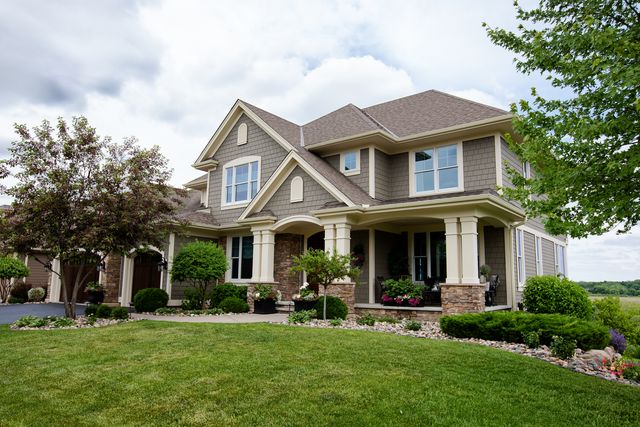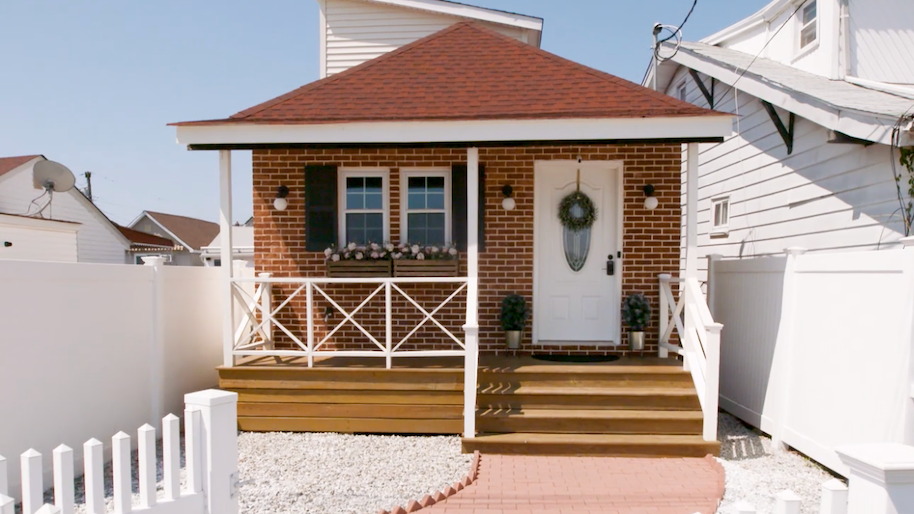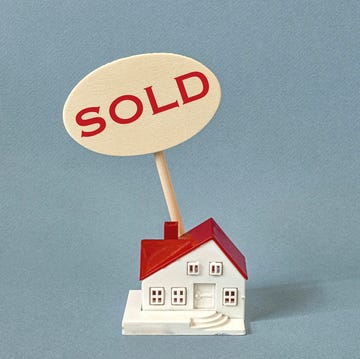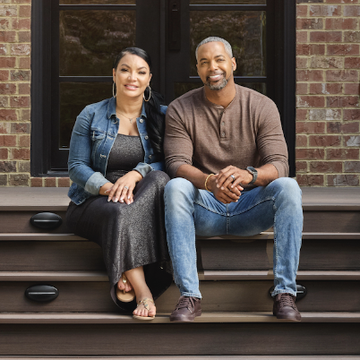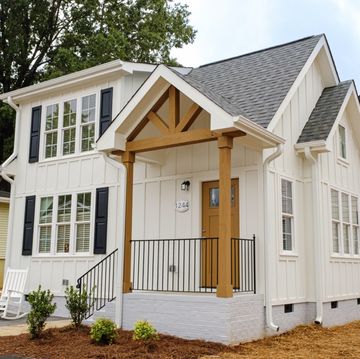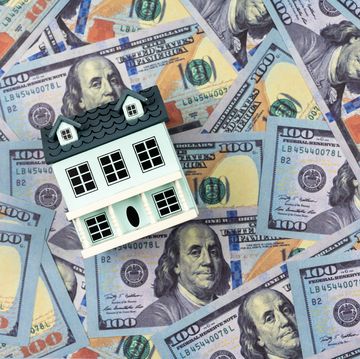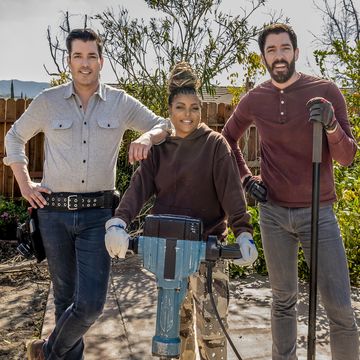Conventional wisdom dictates that the best time to buy a house is in the late summer or early fall, but these are not ordinary times. When the FED announced two weeks ago that it was slashing interest rates to counter the economy-crippling effects of the coronavirus pandemic, some wily investors and would-be house hunters had visions of real-estate bliss dancing in their heads. On the surface it makes sense: Who doesn’t want to pay less to borrow money?
But while low interest rates seem like a sure-fire reason to pull the trigger on a big purchase, there are plenty of factors to consider before you take the housing plunge. After all, we’re on the brink of a recession and in the throes of a global biological catastrophe, and who knows what kind of social, political, and economic fallout is waiting in the wings.
Is now really the best time to buy a house?
“Assuming you can afford a mortgage and the other costs involved and your job is not in danger of being cut, then yes,” says Amanda Abella, millennial business coach and author of Make Money Your Honey: A Spirited Entrepreneur’s Guide to Having a Love Affair with Work & Money. “Smart investors and people who are financially savvy know these times are ridden with opportunity because the general public is going to contract. But every individual situation is different. Unless you’re sitting on pretty hefty savings and know your industry won’t be impacted by what’s going on, then you should err on the side of caution.”
And there is good reason to exercise caution. For starters, low interest rates have little to do with all of the associated costs of purchasing a home, including property taxes, homeowner’s insurance, and closing costs that can range from one to five percent of the property closing price.
And here’s another point of contention: Mortgage rates, which many people conflate with the interest rate, are at historic lows—but they aren’t zero percent. “Lower interest rates mean lower monthly mortgage payments on your home loan; therefore, you technically can pay more since your monthly costs are lower,” says Drew DeWitt, senior vice president of investments for Ivy Equities, a Greenwich, Connecticut-based real estate private equity firm. “However, it also means that there is greater risk in the economy in general. The FED drops rates to spur growth when there is risk of unemployment and people not being able to make their monthly mortgage payments. As a result, banks will tighten their lending standards, and it may be harder to actually secure a mortgage despite the lower rates. This is where people get confused.”
There are also logistical issues at hand. “Even if you could buy a home at a steal right now, most buyers would wish to physically go and see the property, bring a home inspector to assess the property, and—assuming you get an accepted offer and arrive at the virtual closing table—you will need to hire movers to move into the property,” says Danielle Lurie, a licensed real estate sales person with Compass. “Depending on what amount of time is needed to contain this virus, those three things are all difficult if not impossible to do right now.” Compounding the problem are now-closed government agencies like notaries and title offices.
But one man’s crisis is another’s opportunity. For those who are eager enough—and willing to flout traditional customs in favor of a virtual approach—there are deals to be had. “Because of the instability in the world, sellers may be forced to sell at a huge discount that could even exceed 10 to 20 percent below what their fair market asking price is,” says Lurie. “It’s a shame for the sellers, but if a buyer buying a home at a discount today is helping to relieve a seller’s financial worries during this unstable time in the world, even if the property sells for less than the seller may have initially hoped, then this can still be a win-win.”
But note: According to a recent poll of 600 top real estate agents across the country by HomeLight, a real estate referral company based in San Francisco, 22% of respondents say sellers are taking their homes off the market in response to coronavirus concerns. It’s hard to make a serious, perhaps life-long purchase knowing that you’re not seeing everything the market has to offer.
But if you are fortunate enough to be employed in an industry that hasn’t been devastated by the coronavirus, have the necessary resources, and decide you want to strike while the iron is hot, there are a few things you can do to take advantage of the low interest rates while minimizing your risk. “Now is a good time to start browsing online and get yourself familiar with the market,” says Zsuzsanna Bircsak, a licensed real estate sales person with Compass. “Look through your finances and prepare for the time ahead when you will be out and ready to buy.” What if you’re already farther along in the process and have found a home you love? “Put in your offer and lock your rate in,” she says. “It’s definitely a good time to shop around and get a good rate.”
And if all of this talk of risk-taking gives you more anxiety than you’d like to admit, fear not: Time is on your side. “I think prices will come down in the next six months, and interest rates will remain at lows to help drive the economy out of the recession,” says DeWitt. “Naturally, you want to take advantage of historically low interest rates but you also want to buy at the lowest price possible.”
Follow House Beautiful on Instagram.
